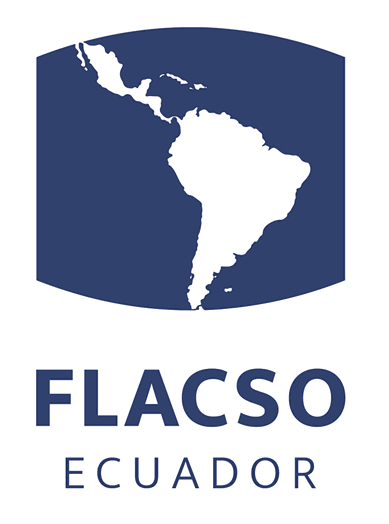Please use this identifier to cite or link to this item:
http://hdl.handle.net/10469/7745| Type: | Artículo |
| Title: | Evaluación Ambiental Estratégica: una contribución a la sostenibilidad del desarrollo turístico |
| Other Titles: | Strategic Environmental Assessment: a contribution to sustainability of tourism development |
| Authors: | Jiliberto Herrera, Rodrigo Alejandro |
| Issue: | Sep-2015 |
| Publisher: | Quito, Ecuador : Flacso Ecuador |
| ISSN: | 1390-6631 |
| Citation: | Jiliberto Herrera, Rodrigo Alejandro. 2015. Evaluación Ambiental Estratégica: una contribución a la sostenibilidad del desarrollo turístico (Dossier) o Strategic Environmental Assessment: a contribution to sustainability of tourism development. Letras Verdes. Revista Latinoamericana de Estudios Socioambientales Flacso - Ecuador, 18:159-183. |
| Keywords: | EVALUACIÓN DEL IMPACTO AMBIENTAL DESARROLLO SOSTENIBLE PROTECCIÓN AMBIENTAL PLANIFICACIÓN ECONÓMICA ECOTURISMO FOMENTO DEL TURISMO POLÍTICA TURÍSTICA |
| Format: | p. 159-183 |
| Description: | La Evaluación Ambiental Estratégica (EAE) se puede considerar en la actualidad una herramienta consolidada de la política ambiental a nivel internacional. El estado del arte demuestra que, a pesar de su creciente aplicación a escala internacional, algunos aspectos conceptuales en torno a esta herramienta siguen abiertos y condicionan en conjunto la práctica en EAE. Se sostiene aquí que en la raíz del problema está la falta de una identificación precisa del objeto de análisis diferencial de la EAE con respecto a su antecesora la EIA de proyectos. Se propone en este artículo una definición del objeto de análisis de la EAE y se facilita una aplicación práctica de ese nuevo objeto de análisis aplicado a las políticas de desarrollo turístico. The Strategic Environmental Assessment (SEA) is a consolidated environmental policy tool at international level. The state of the art shows that despite its increasing application at international level some conceptual aspects remain still open and condition its praxis. We argue here that the problem roots in the lack of a precise identification of the SEA’s own object of analysis differentiated from the one of its predecessor, the environmental impact assessment of projects. We propose in this article a definition of the SEA specific object of analysis, and illustrate its application in the SEA of tourism development policies. |
| URI: | http://hdl.handle.net/10469/7745 |
| Appears in Collections: | Revista Letras Verdes No. 18, sept. 2015 |
Files in This Item:
| File | Description | Size | Format | |
|---|---|---|---|---|
| RFLACSO-LV18-09-Jiliberto.pdf | 4,4 MB | Adobe PDF |  View/Open |
Items in DSpace are protected by copyright, with all rights reserved, unless otherwise indicated.


